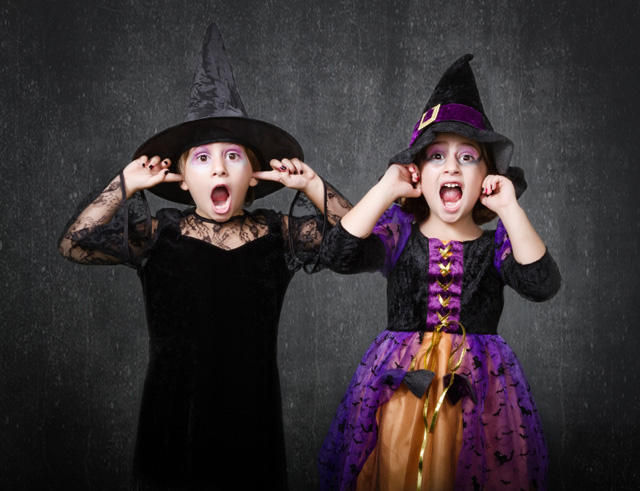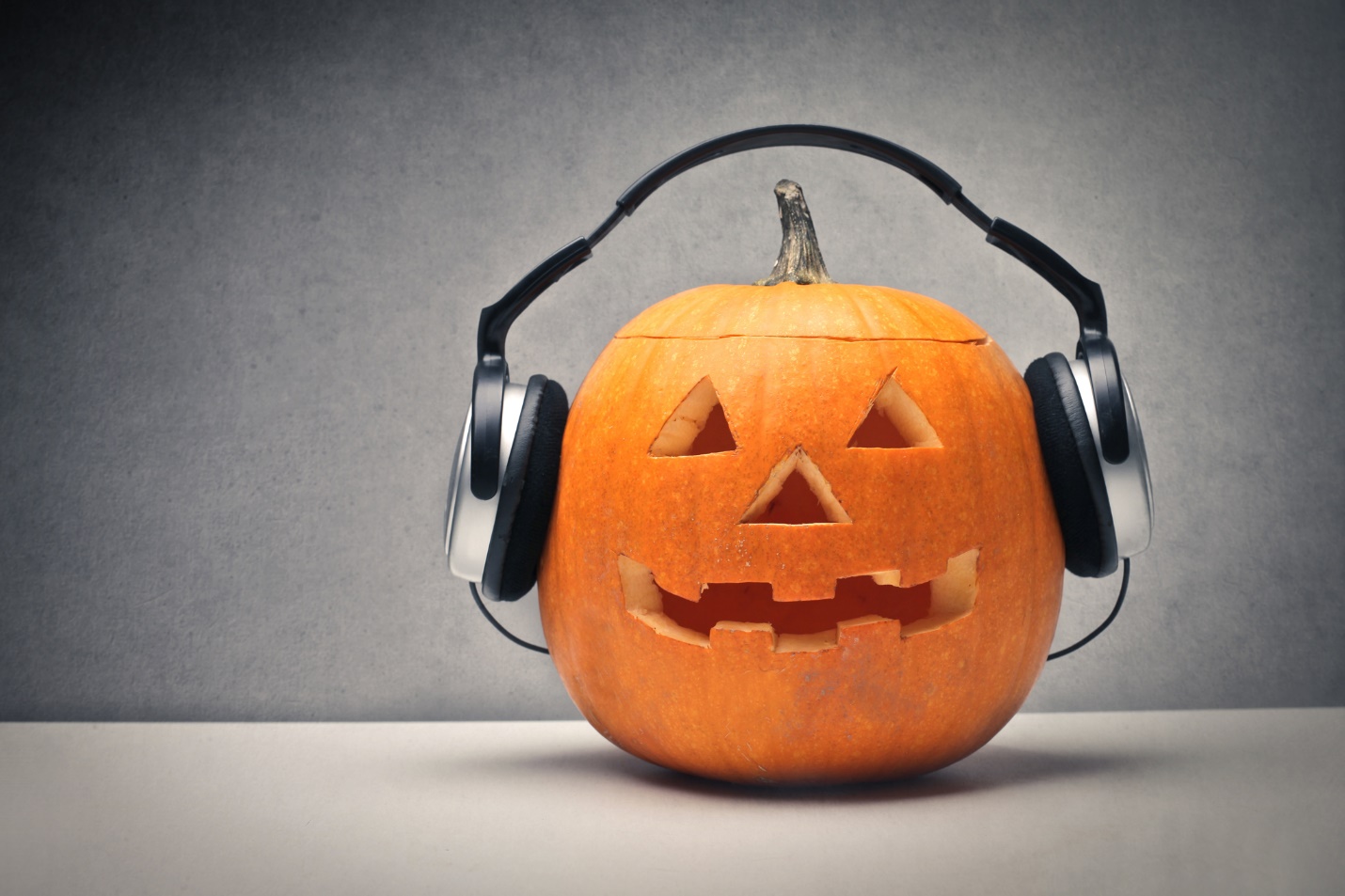Hearing Protection Tips for Halloween
 Halloween is a time for costumes, candy, trick-or-treating and fun. However, what many people may not realize is that some of the festive activities and sounds of the holiday can also put participants at risk for hearing loss.
Halloween is a time for costumes, candy, trick-or-treating and fun. However, what many people may not realize is that some of the festive activities and sounds of the holiday can also put participants at risk for hearing loss.
The potential for hearing damage is determined not only by the loudness level (in decibels) of sound, but also by the length of time someone is exposed to noise: 90 decibels can be tolerated for eight hours; 95 decibels for four hours; 100 decibels for just two hours.
Recent studies found that 15 percent of those between the ages of 20 and 69-years-old will experience noise-induced hearing loss from leisurely activities, which may include going to clubs, festivals and parties.
“When you walk out of a noisy situation and your ears feel stuffy or your hearing is muffled, or if you are hearing a ringing sound once you get away from the loud environment, you’re experiencing the damaging effects of noise,” said Dr. Lindsay Bondurant, director of the Pennsylvania Ear Institute (PEI).
Going to a Halloween party with loud music or a haunted house with high pitched shrieks and screams can also expose people to damaging noise levels. Exposure to high noise levels can be painful to the ears and very dangerous for children and adults alike which is why hearing protection is key.
Here are some quick tips to keep your ears healthy and safe this Halloween.
 Cover your ears: If you’re headed to a haunted house or another loud venue, wearing ear plugs or ear molds is one of the easiest ways to protect your ears. Make sure they are inserted properly into your ear to ensure effective protection. You can also invest in customizable devices for long-term personal use.
Cover your ears: If you’re headed to a haunted house or another loud venue, wearing ear plugs or ear molds is one of the easiest ways to protect your ears. Make sure they are inserted properly into your ear to ensure effective protection. You can also invest in customizable devices for long-term personal use.
Give your ears a break: The longer the exposure to the loud noise, the greater the risk. If you’re at a house party, you can go to a quieter room. If the party is too crowded or if you’re at a club, you can step outside to give your ears a rest. Taking a break from the noise can decrease the chance of permanent hearing damage.
Know the warning signs: Noise-induced hearing loss doesn’t always happen right away but often develops over time. Early signs of potential damage include: hearing a ringing or buzzing sound in your ears, trouble hearing people at a close distance and temporary hearing loss.
If you suspect you may have some degree of hearing loss, PEI offers comprehensive hearing evaluations and customized treatment plans. For more information on PEI’s services call 215.780.3180.